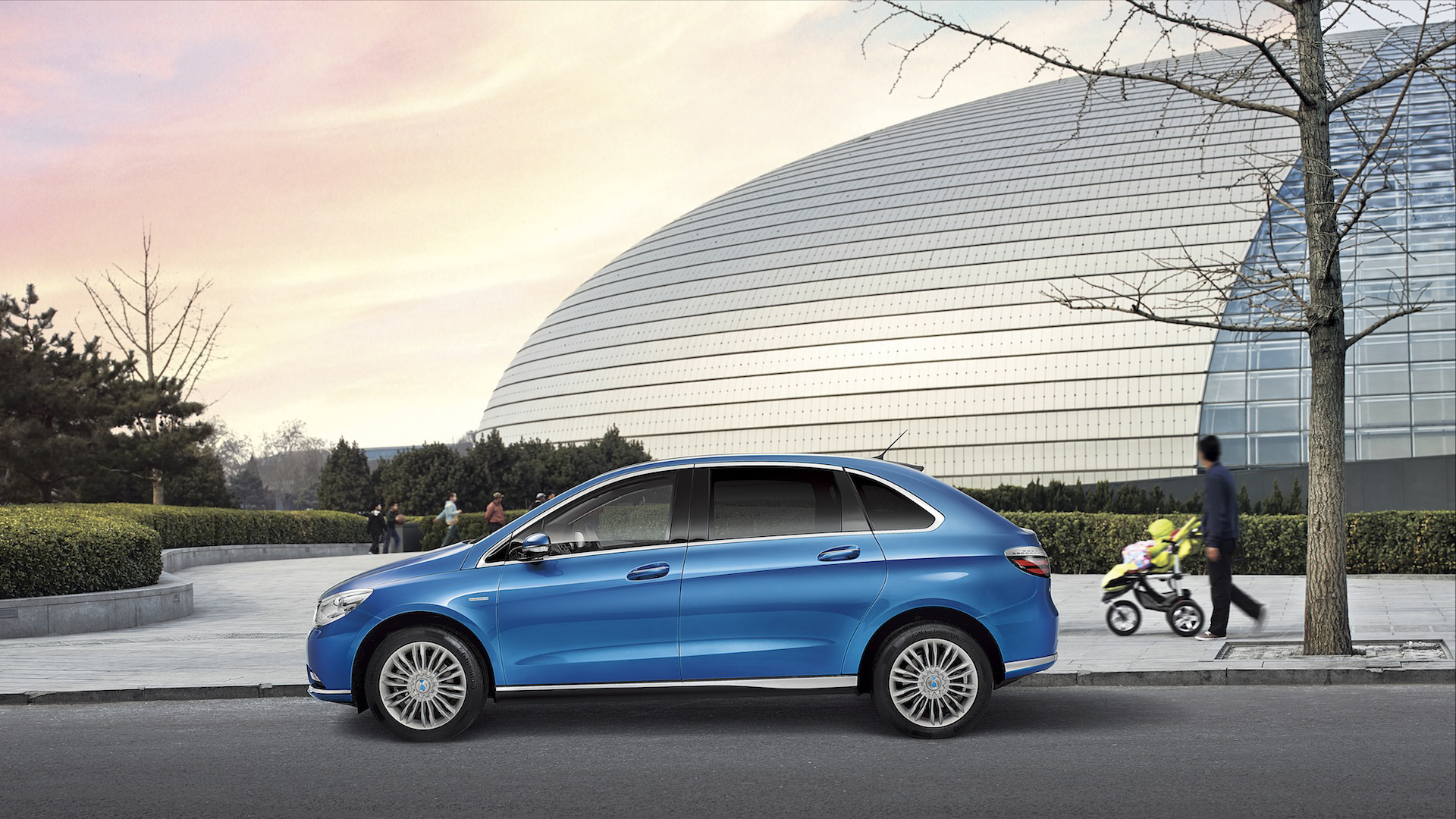
The promotion and application of new energy vehicles marks a major transformation of the global automotive industry. In the context of increasing attention to environmental protection and sustainable development, new energy vehicles as an important way to reduce the dependence on traditional fossil energy, its safety issues have gradually attracted attention. In recent years, with the development of nanotechnology, nanocrystalline materials have wide application prospects in new energy vehicles, especially in the fields of batteries, structural materials and safety protection, which is expected to significantly improve the safety performance of new energy vehicles.
一、 The characteristics of nanocrystalline materials and their importance in new energy vehicles
Nanocrystalline materials are materials whose crystal size is at the nanometer level, and these materials have excellent mechanical properties, thermal stability and chemical corrosion resistance. Because of their high specific surface area and quantum effects, nanocrystalline materials are usually superior to traditional materials in terms of performance, and thus play an important role in the design and manufacture of new energy vehicles.
In terms of battery safety, the thermal stability of the battery and its safety under extreme operating conditions are particularly critical. Lithium-ion batteries are the type of batteries widely used in new energy vehicles at present, which are easy to cause thermal runaway when high temperature or short circuit. Nanocrystalline materials can effectively improve the thermal stability of the battery by improving the interface interaction between the electrolyte and the electrode, thereby reducing the risk of boiling and thermal runaway. In addition, the excellent conductivity of nanocrystalline materials helps to improve the charge and discharge efficiency of the battery and improve the overall performance.
二、 The application of nanocrystalline materials in batteries
Battery is the core of new energy vehicles, and its safety is directly related to the safety of the vehicle. The potential of nanocrystalline materials to improve battery safety is mainly reflected in the improvement of electrode materials and electrolytes.
1. Nanocrystalline electrode materials
Traditional electrode materials such as graphite or lithium iron phosphate, often because of the large particle size, resulting in slow ion transport rate, easy to cause local overheating. The nanocrystalline electrode materials can improve the migration rate of ions and electrons by reducing the particle size. The study shows that the nanoscale electrode material not only has a higher theoretical specific capacity, but also provides more lithium ion embedding points with its larger specific surface area, making the battery stable during rapid charge and discharge, reducing the risk of thermal runaway.
2. Nanocrystalline electrolyte
The stability of the electrolyte is critical to the safety of the battery, especially at high temperatures. Nanocrystalline solid electrolyte has become the focus of research because of its stable ionic conductivity and strong chemical stability. Compared with the traditional liquid electrolyte, the nanocrystalline solid electrolyte can effectively inhibit the formation of lithium dendrites, and this change in microstructure will greatly reduce the risk of short circuit during the battery charging process. Multiple experimental data show that the nanocrystalline solid electrolyte shows excellent thermal stability at different temperatures, thus providing more favorable conditions for battery safety.
三、The advantages of nanocrystalline materials in structural safety
In the body structure of new energy vehicles, lightweight and high strength are important directions of development in recent years. The introduction of nanocrystalline materials provides a new way to improve the safety of body structure. It performs well in the following areas:
1. High strength and toughness
Nanocrystalline materials typically have better strength and toughness than micron-scale materials, allowing the car body to better disperse impact energy in the event of a collision, reducing the risk of injury to occupants. The use of nanocrystalline alloys or composite materials can effectively improve the impact resistance of the car, make the deformation of the body in the accident more reasonable, and avoid direct damage in the dangerous area.
2. Excellent fatigue performance
With the increase of vehicle use time, the problem of fatigue damage is becoming more and more prominent. The excellent fatigue performance of nanocrystalline materials enables them to maintain stable mechanical properties under multiple loads and unloading, thus extending the service life of the structure. In new energy vehicles, the fatigue resistance of body materials helps to improve the safety of the vehicle and reduce the risk of structural failure caused by material fatigue.
四、The application of nanocrystalline technology in safety protection devices
In addition to the application of batteries and body structures, the safety protection device of nanocrystalline materials is also worthy of attention. The evolution of intelligent safety systems has enabled vehicles to become increasingly aware of potential hazards. Nanocrystalline technology provides a new direction for the development of safety warning systems and protective materials.
1. Nanocrystalline sensor
By improving the properties of nanocrystalline materials, the sensitivity and reaction speed of CS4202-JQZ sensor can be significantly improved. In the safety protection of new energy vehicles, sensors made of nanocrystalline materials can detect parameters such as temperature, current and pressure of the vehicle battery in real time, and can directly link with the vehicle control system to warn potential safety hazards in advance. This timely information feedback mechanism can effectively improve the safety performance of the vehicle and reduce the probability of accidents.
2. Nanocrystalline coating
Nanocrystalline coating is widely used as a new and effective protective material for electric vehicles. This coating not only has excellent corrosion resistance, can resist the erosion of the external environment on the body, but also can improve the body's resistance to external factors such as small stones, high temperature and acid rain to a certain extent. At the same time, based on its unique optical characteristics, more safety AIDS can be provided to the car, such as improved visibility in low visibility conditions.
The above is a discussion on the application of nanocrystalline technology to improve the safety of new energy vehicles. In the future development, combined with new material technology and vehicle design, the safety of new energy vehicles will have greater room for improvement.
The Products You May Be Interested In
 |
1194 | SWITCH PUSHBUTTON SPST-NO BLUE | 463 More on Order |
 |
4187 | BLUE LED ILLUMINATED TRIANGLE PU | 412 More on Order |
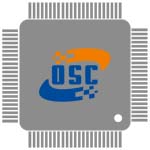 |
4099 | SHT-30 MESH-PROTECTED WEATHER-PR | 400 More on Order |
 |
4007 | ULTRASONIC DISTANCE SENSOR - 3V | 448 More on Order |
 |
1525 | SOLAR PANEL LARGE 6V 5.6W | 131 More on Order |
 |
377 | ROTARY ENCODER MECHANICAL 24PPR | 300 More on Order |
 |
634 | STARTER PK EL STRIP 100CM GREEN | 448 More on Order |
 |
1948 | DIGITAL RGB LED WEATHERPROOF STR | 400 More on Order |
 |
1547 | ADDRESS LED STRIP SPI RGB 2080MM | 354 More on Order |
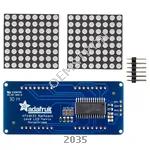 |
2035 | ADDRESS LED MATRIX I2C GREEN | 316 More on Order |
 |
4310 | FLEXIBLE SILICONE NEON-LIKE SKIN | 381 More on Order |
 |
2351 | ADDRESS LED DISCRETE SER WHITE | 313 More on Order |
 |
2868 | ADDRESS LED MODULE SERIAL RGBW | 499 More on Order |
 |
2612 | ADDRESS LED MATRIX SERIAL RGB | 392 More on Order |
 |
3631 | ADDRESS LED STRIP RGBW | 296 More on Order |
 |
2238 | ADDRESS LED STRIP SERIAL RGB 5M | 474 More on Order |
 |
887 | STRIP 60LED COOL WHITE WP 5M | 254 More on Order |
 |
4167 | FIBER OPTIC LIGHT SOURCE 1W BLU | 235 More on Order |
 |
3862 | FLEXIBLE SILICONE NEON-LIKE LED | 339 More on Order |
 |
3861 | FLEXIBLE SILICONE NEON-LIKE LED | 272 More on Order |
 |
1933 | 7"" TFT DISPLAY 800 X 480 | 133 More on Order |
 |
2674 | MONOCHROME 2.7 128X64 OLED GRAPH | 254 More on Order |
 |
1855 | SMALL 1.2 8X8 ULTRA BRIGHT SQUAR | 283 More on Order |
 |
1001 | WHITE 7-SEGMENT CLOCK DISPLAY | 2509 More on Order |

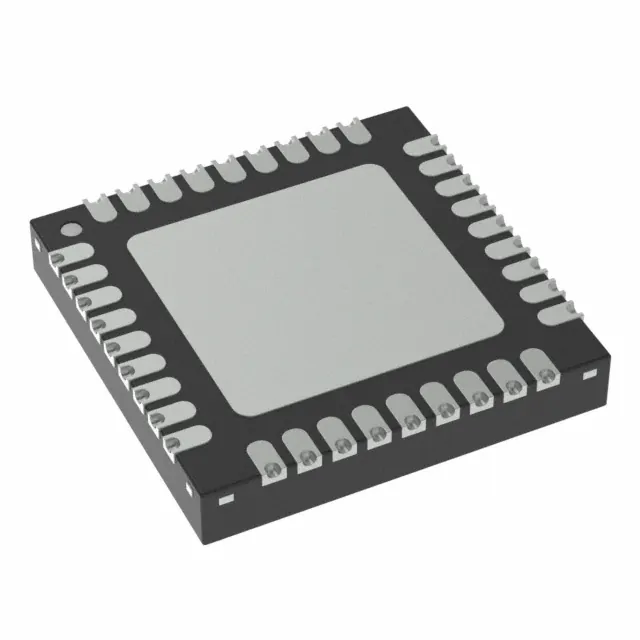 Semiconductors
Semiconductors









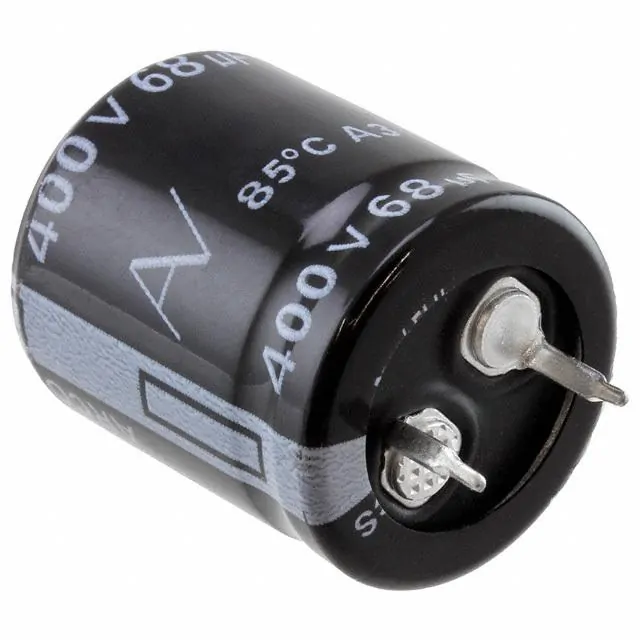 Passive Components
Passive Components









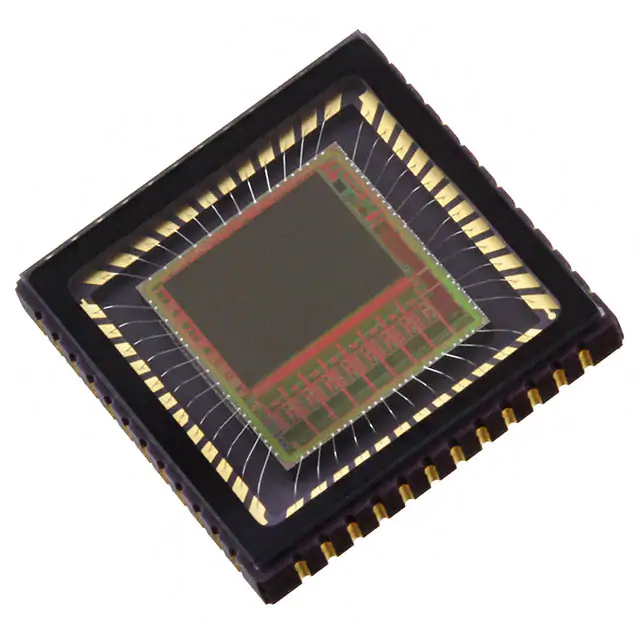 Sensors
Sensors








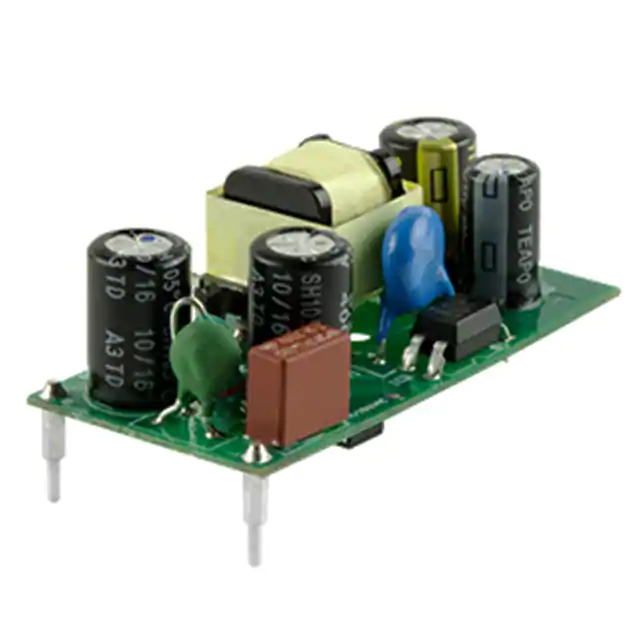 Power
Power









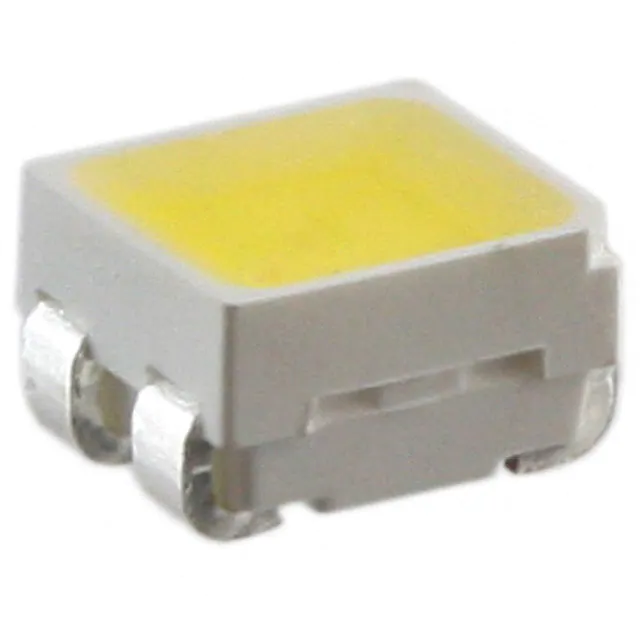 Optoelectronics
Optoelectronics








